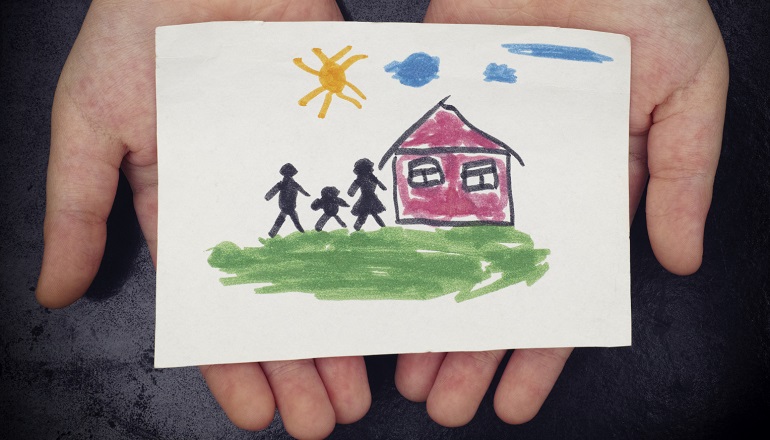Everyone wants to know the story of how we adopted three children from Ethiopia. But do I have a right not to tell it, being on the front line, looking as I do, a Caucasian mom with three African kiddos? May I take my children to the grocery store or the library without announcing where they came from, or my own history? I think, yes.
The word “story” has come into play many times since we began our adoption journey. When we started exploring interracial adoption, we were told by other parents that we would be shocked at how often people would ask about our children’s backgrounds, effectively, their life stories.
I couldn’t believe that this would happen. After all, you wouldn’t randomly knock on someone’s door and ask them to tell you about their private traumas and personal struggles. We were advised to say, “That is private information,” or “That is my child’s story to tell when he/she is ready,” or “None of your business.” I have used all of these responses.
Not a week goes by during which I am not asked if my children’s parents are dead, if they are orphans, whether they are “related,” if they are “mine,” whether they suffered starvation or abuse, and how long they were in an orphanage. I am asked all these questions and more, and, while I have grown weary of them, I try not to be offended. I know that my children’s stories are compelling. Mine is, as well. Most people don’t adopt three children from Ethiopia at the same time. And we are a sight because we are a multiracial family.
While I believe that educating people, enlarging the circle, rather than closing it, is ultimately best for the world, I am secretive about my children’s personal stories. Intimacies are for close friends and close relatives, and, even then, there are boundaries. I have found that, at least for now, there is no way to tell my own story without breaking promises that I made when I decided to adopt my children. Telling strangers about their origins, their histories, their relationship to each other, and how we “got them” is not obligatory. Stories belong to those who live them. I usually say what they told us to say in Adoption 101: There are many children who need homes in Ethiopia, and each of them has a different story.
But there are stories I am willing to share.
Ethiopia carries a lot of baggage — poverty, orphans, AIDS — you will see all of this if you travel there. My husband took beautiful, heart-wrenching photographs while we were there, but I’m not sure that the world needs to see more of them. Maybe that’s why I talk about the beauty of Ethiopia that no one knows about. You have a good conversation, you are kind, you share a bit about your life, you show you are a good person, and someone wants to give you what little food there is, to hand-feed you. It is an act of love and one of the most meaningful gifts a person can give to another person. This is what I experienced first-hand.
I will also tell you that my eldest daughter has warmth in her eyes. You can feel it when she smiles. At 10 years old, she says that she wants to be a writer, like her mom. Maybe one day she will write the stories of her life.
As every mom does, I promised to protect all of my children — I guard their lives, their pasts, and their futures. It is my most important obligation. So I’ll be cagey, secretive, boring. But my children happily show up to birthday parties, soccer games, and campouts. They can stand on their own, and they are happy to engage and make people fall in love with them. After that happens, curiously, people stop asking to know their adoption story.



